Memory keeps more than headlines. It keeps textures and small rituals that set the pace long before feeds and alerts. A dial returning to start. Music chased through static. A camera click that did not show its result until next week. For many who grew up in the postwar decades, patience sat inside ordinary tasks and community formed in predictable places. The scenes below are not grand moments. They are daily patterns that taught timing, shaped habit, and felt shared across neighborhoods.
Saturday Morning Cartoons

Saturday held a televised holiday that arrived once a week and vanished by noon. Networks stacked animation into a bright block, cereal bowls slid across coffee tables, and living rooms became small theaters. There were no replays, only the common countdown to theme songs everyone could hum on the playground. Commercials for toys felt like mini premieres. When the last credits rolled, the spell broke, shoes went on, and the rest of the day belonged to bikes and yards.
Rotary Phones And Party Lines

A phone weighed as much as intent and lived on a hallway table. Numbers turned with a finger, then clicked home while thoughts organized. In some homes a party line meant sharing a circuit, so courtesy joined every call. Long cords circled doorframes in search of privacy that never quite held. Wrong numbers made small talk instead of spam. The pace slowed conversation into full sentences, pauses, and the kind of listening that filled the silence well.
Drive-In Movie Nights
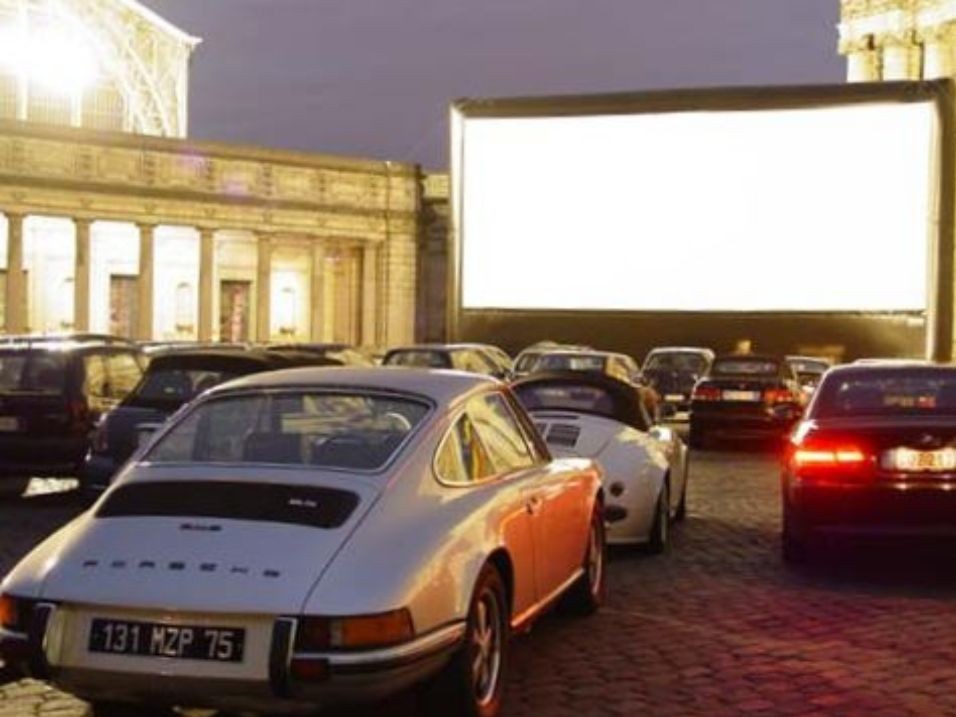
Screens rose from fields, and cars lined up in neat rows under a sky that did its own lighting design. Families clipped window speakers or tuned a radio and built blanket nests in the backseat. Fireflies stitched the dark between previews, and the concession stand turned steam and neon into a promise. Teens waved across aisles, kids fell asleep before the second feature, and engines coughed in the cool. The night felt communal and private at the same time.
Film Developing At The Drugstore
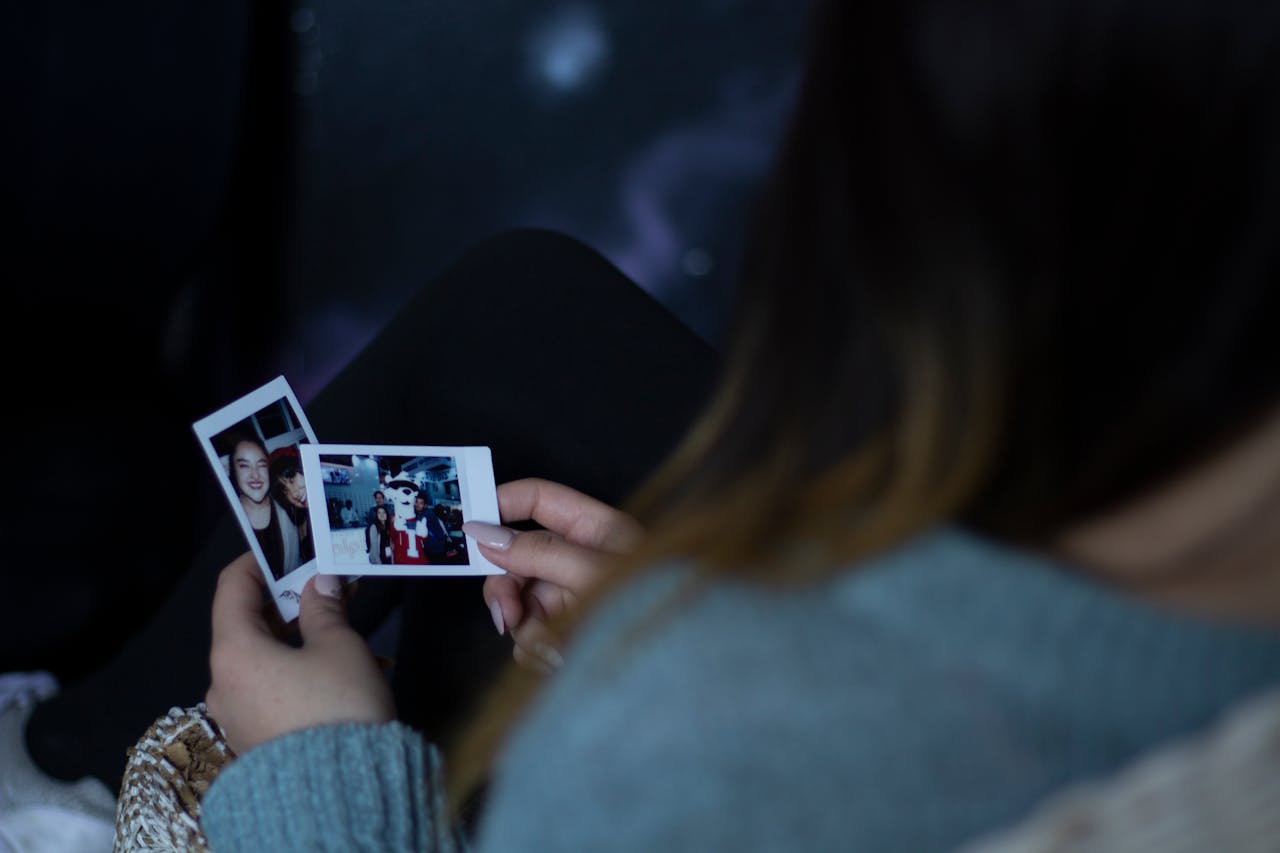
Photos lived in small canisters until a clerk took them behind a counter and wrote a pickup time. Days later a paper envelope returned with prints, doubles, and a curled strip of negatives that smelled faintly of chemistry. Some frames missed, some surprised, and albums grew one errand at a time. Captions landed in ballpoint, not in tags. The gap between click and proof taught selection, patience, and a softer tolerance for imperfection than instant screens allow.
TV Sign-Offs And Test Patterns
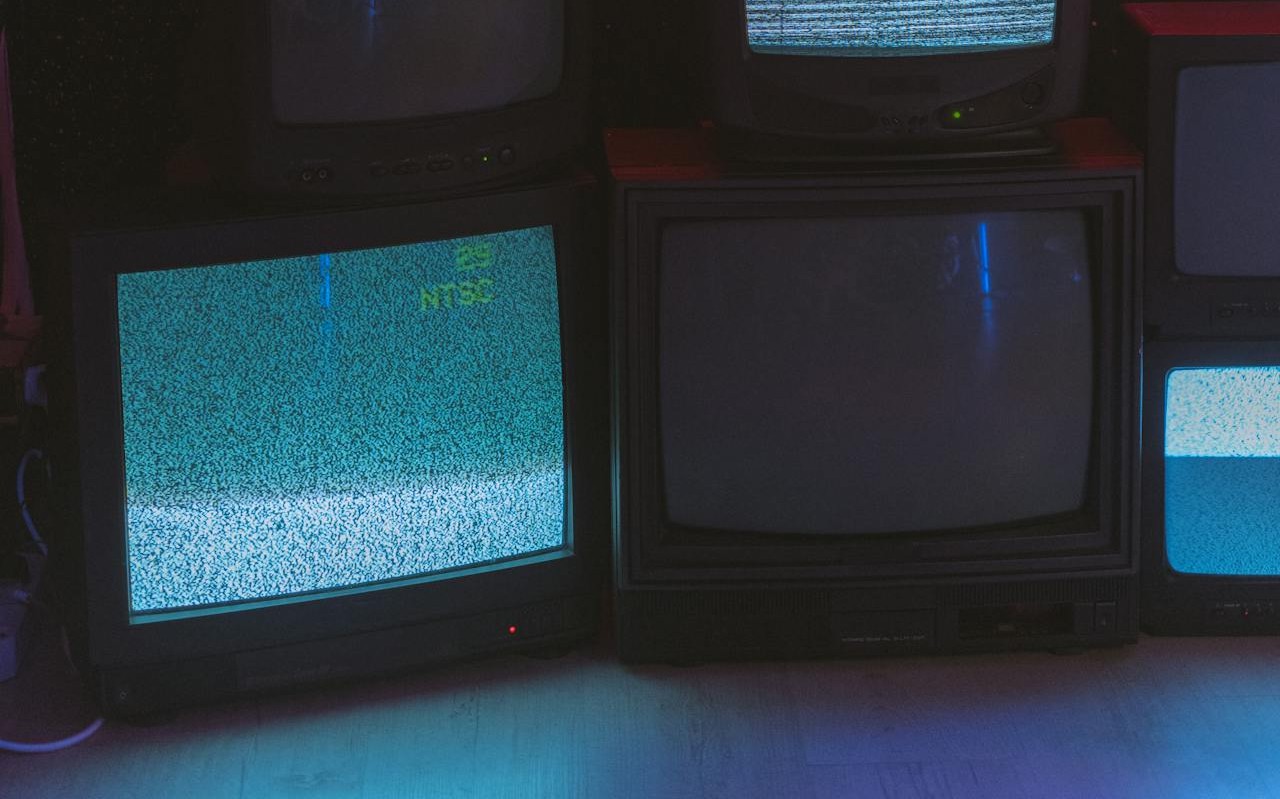
Television ended on purpose. A station played the national anthem, a pastoral montage, then a test pattern or clean snow. Houses quieted. Night took back its shape. Morning began with sign-on tones and local headlines, not a loop without a seam. Programming felt like a public service that opened and closed, giving neighborhoods a shared schedule. Sleep had the final say, not auto play, and living rooms turned into dark, ordinary rooms again.
Card Catalogs And Reference Desks
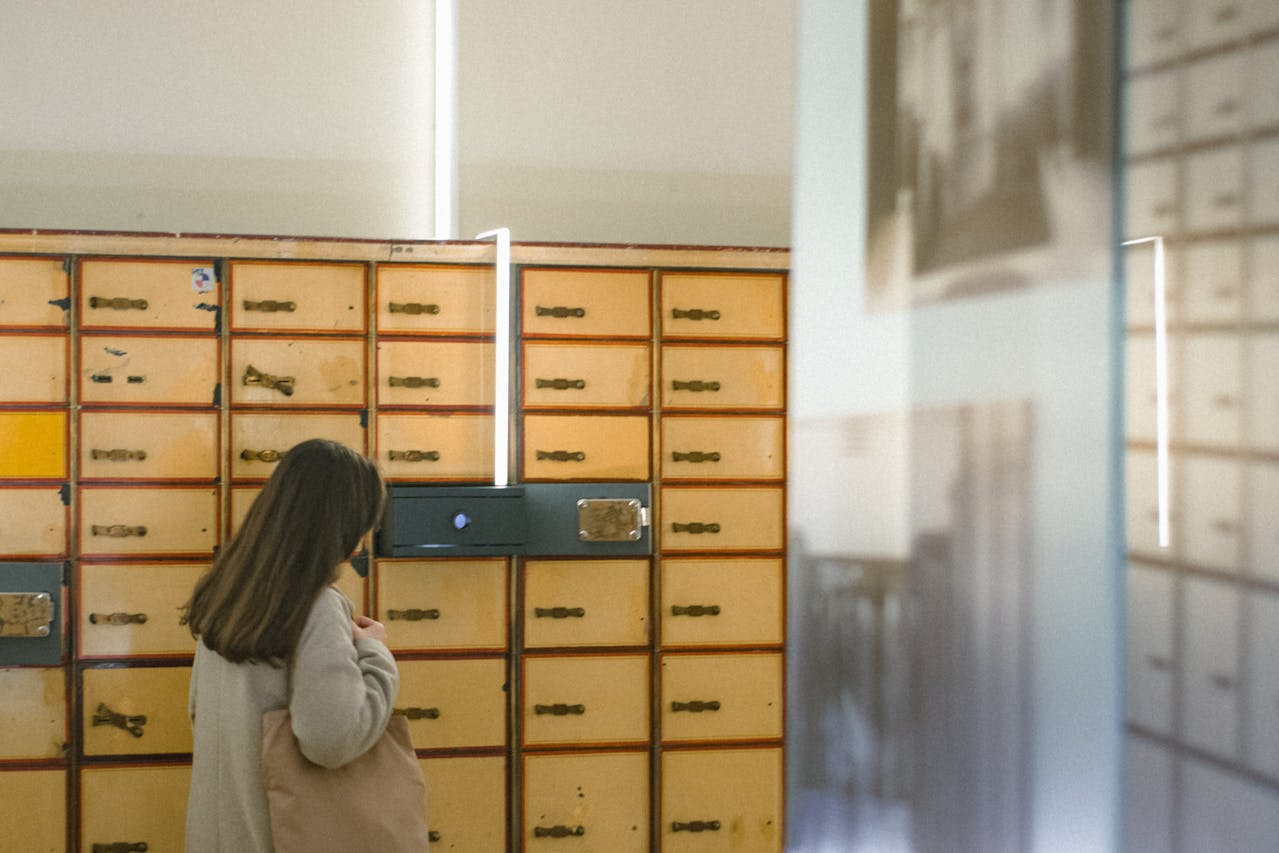
Research started at wooden drawers with tidy cards that sent readers to spines and microfilm. A librarian could decode a half-formed question and find exactly the paragraph needed or the next best book that held a better one. Answers arrived through steps, pencils, and scraps of paper. Serendipity lived on the shelf just to the left of the goal. Projects moved forward at a human pace and the path taught as much as the final citation.
Green Stamps And Trading Books

Grocery runs ended with small green stamps that went home in pockets and drawers. Families licked and pressed them into books until a blender, a set of glasses, or a clock could be claimed at a redemption counter that smelled like rubber mats and new boxes. Saving became a group project that turned routine purchases into slow progress. A full book felt earned, visible, and pleasantly heavy in the hand.
Smoking Sections Everywhere
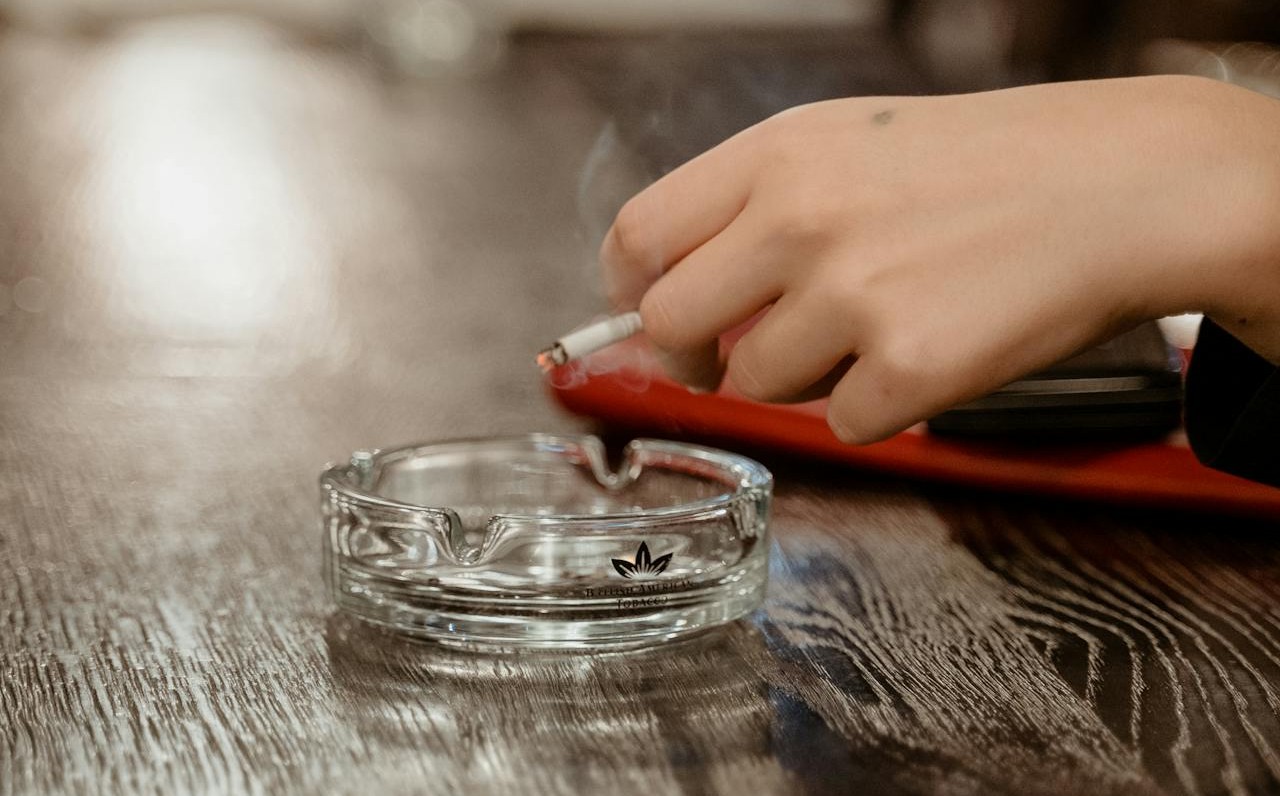
Public life arranged itself around ashtrays. Restaurants seated parties in smoking or nonsmoking, airlines drew invisible lines through cabins, and office lobbies sprouted metal urns that glowed by lunch. Clothes carried the scent of meetings and meals. Over time the signs came down and laws took hold, redrawing rooms and habits. Those who remember carry both maps in mind, a living record of how health rules can quietly reset culture and expectations.
Pay Phones And Collect Calls
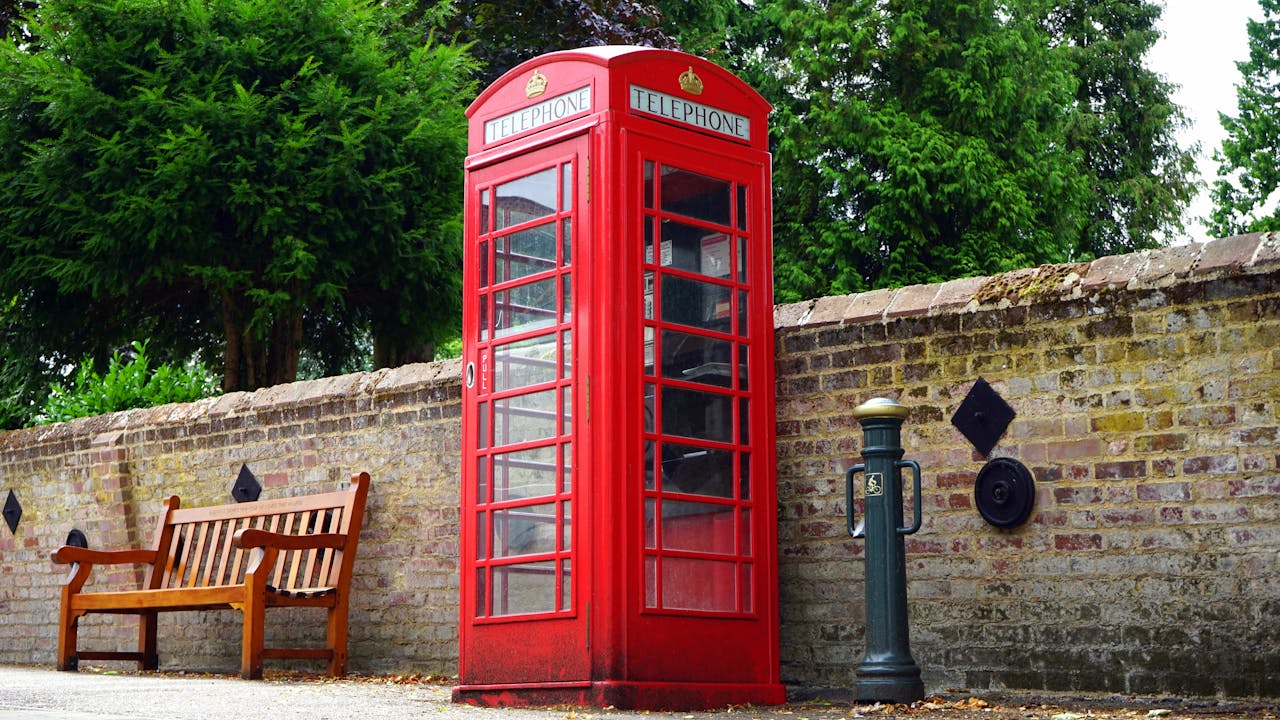
Calls happened in glass booths on corners and in the vestibules of gas stations. Pockets needed coins and a clean finger for a keypad that had seen every season. Long distance meant value judgments and quick updates wrapped in the phrase time and charges. Collect calls used rigid scripts that tried to smuggle a message before acceptance. The practice mapped reliable phones across a town and taught an economy of words born of cost and courtesy.
Bench Seats, Paper Maps, And TripTiks

Front seats ran straight across, windows cranked by hand, and kids slid in socks on vinyl. A glove box held folding road maps that snapped open like sails. AAA counters handed out TripTiks with bright highlighter routes and notes for gas or lodging ahead. Detours required dead reckoning, not recalculation prompts. The car felt like a small room with shared roles and rituals, from motel brochures on the dash to a cooler that announced the next stop.
Door-To-Door Sales And Brochures

Strangers knocked with cases full of brushes, vacuums, or encyclopedias that promised a home library in one purchase. Demonstrations took over kitchens, and contracts rode clipboards with carbon copies. Some products lasted, some did not, but the encounter turned households into showrooms and sales into practiced theater. Brochures stacked in drawers, and children learned the rhythm of a pitch that landed with a smile and a pause.
Newspaper Classifieds And Lost-And-Found

Jobs, apartments, yard sales, and bandmates lived in dense columns that trained the eye to decode abbreviations. Sunday papers dropped with a thud, ink smudged fingers, and circles formed around maybes. Missed connections read like small poems on bulletin boards and back pages. The market felt local and brisk. Calls wrapped before 9 p.m., offers traveled by car, and deals closed with a handshake on a porch.
Air Travel Before Heavy Security
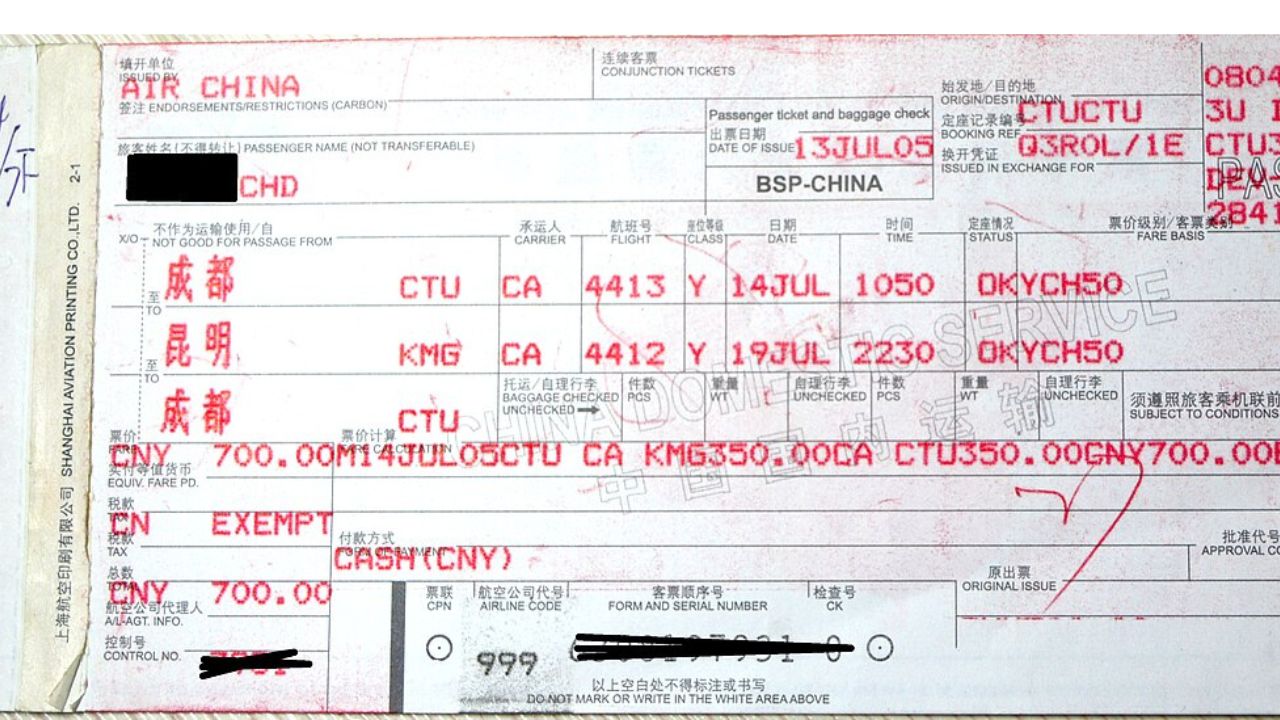
Families walked to gates and met arrivals at the jetway. Shoes stayed on, tickets looked like booklets, and paper tags dangled from handles. Cockpit visits turned young passengers into storytellers for a month. Delays were argued at a counter, not by app. The shift after Sept. 11 changed the script and the architecture. What remains is a memory of air travel as theater and routine, with more ceremony at the door and fewer bins between hello and goodbye.


